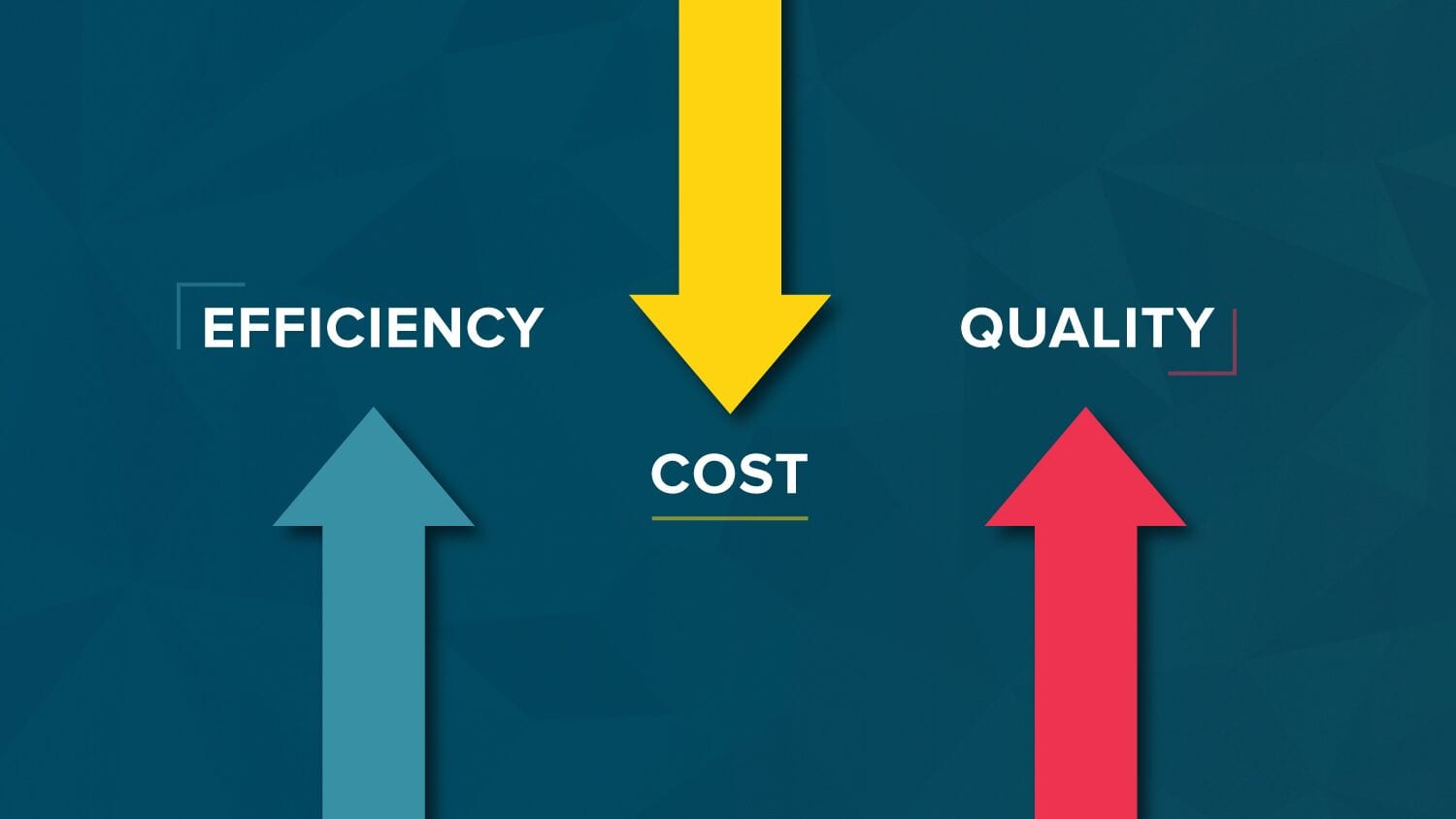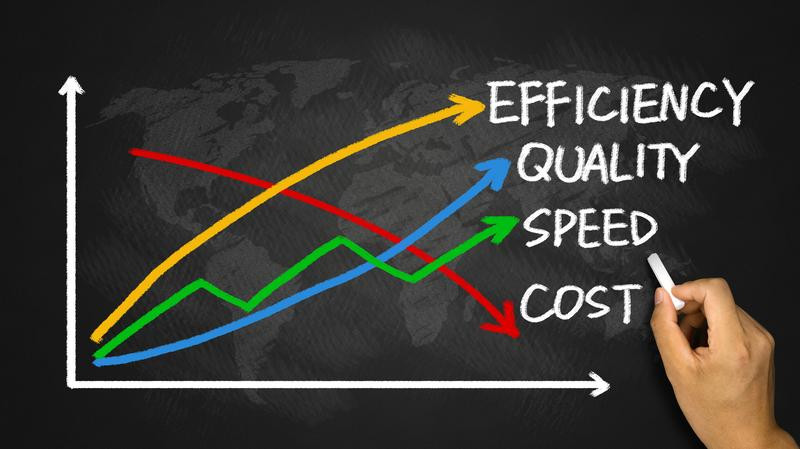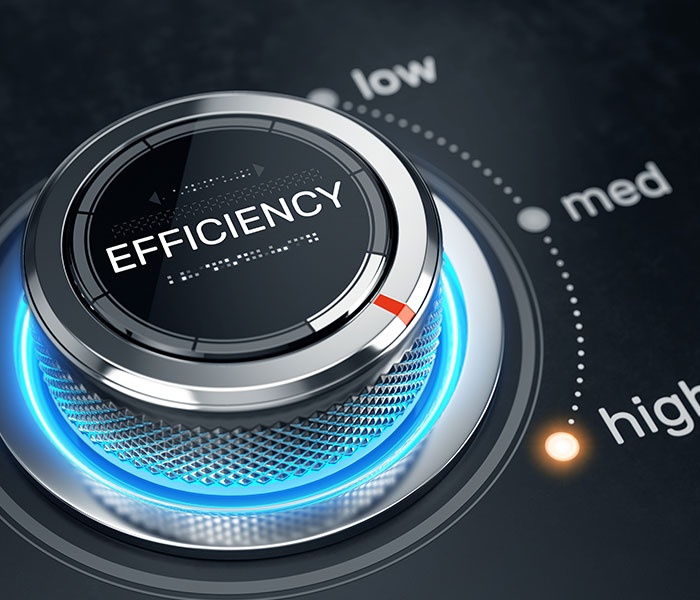The best efficiency programs are like a symphony with meticulous arrangements. They employ a variety of approaches and initiatives to maximize output while decreasing waste and maximizing efficiency. Cost savings are frequently highlighted, but astute businesses have recognized that these programs provide a harmonious medley of long-term benefits beyond financial gains.
Understanding the intricacies of efficiency programs

source: pinterest.com
What are efficiency programs?
Efficiency programs from reputable firms like Impact Energy act as keen-eyed detectives on the lookout for areas within an organization that need a bit of polishing. When weak spots are exposed, specific adjustments can be made to boost efficiency. The scope of these programs is vast and eclectic, ranging from energy usage and supply chain management to production processes and employee workflows.
How do efficiency programs work?
Efficiency programs are no mere hocus-pocus. They kick off with an all-encompassing assessment of current practices and resource utilization. With the help of data analysis, businesses can find the hidden inefficiencies holding them back. Armed with this knowledge, they devise customized strategies tailored to their unique needs to boost productivity and put waste on notice.
Cost savings benefits

source: pinterest.com
Reducing operational expenses
When businesses implement efficiency programs, they find that their overall operating costs go down. Workflows become streamlined, and resources are strategically allocated like pieces on a chessboard. The reduction in expenses translates to a healthier financial position overall.
Minimizing energy consumption
The overall level of energy consumption is the primary focus of several different efficiency-oriented programs. They might swap old equipment for shiny new energy-efficient alternatives or weave innovative building technologies into the fundamental structure of the workplace. Not only do monthly utility bills get lower, but the environment also gets some much-needed relief.
Optimizing resource utilization
Businesses can improve their resource utilization with the help of efficiency programs. Material waste is reduced to a whisper, while inventory management is elevated to a finely tuned symphony. Overall, resource allocation has reached the heights of perfection.
The long-term advantages

source: pinterest.com
Enhanced environmental sustainability
Using various efficiency programs as their compass, organizations embark on the admirable endeavor of lowering their carbon footprints and mitigating the effects of climate change. The reward for these efforts will be a healthier planet for future generations.
Boosting corporate social responsibility
Efficiency programs are like virtuous knights who fight for the cause of corporate social responsibility. With their sustainable practices, businesses positively impact communities, sowing the seeds of goodwill and trust.
Improving brand reputation
In a world where conscious consumers seek eco-friendly and socially responsible brands, efficiency programs act as a beacon of attraction. Businesses seize the opportunity to enhance their brand reputation, drawing in admirers of Mother Nature.
Gaining a competitive edge
Efficiency programs place businesses on center stage, setting them apart from the crowd. With their sleek and sustainable operations, these organizations are capturing the hearts of customers, investors, and potential partners.
Fostering innovation and adaptability
Efficiency programs are the ultimate innovators. The ever-changing nature of their client’s requirements necessitates continuous adaptation. New technologies and strategies become a symphony of adaptability, ensuring businesses remain relevant and competitive.
Navigating the path to success

source: pinterest.com
Conducting energy audits and assessments
Companies are shifting from finishing efficiency programs to conducting audits for permanent improvements. Audits and assessments of energy use serve as directional compasses that point the way toward enhancement.
Setting realistic goals and metrics
Efficiency programs are meticulous planners, setting clear and measurable goals. These benchmarks become the guiding stars of success, motivating businesses to ever-greater heights.
Embracing employee engagement and training
The most critical factor in the success of efficiency programs is the workforce. Engaging and training them in sustainability fosters a culture of responsibility that reverberates throughout the organization.
Overcoming obstacles
ROI concerns
In the beginning stages of efficiency initiatives, some companies hesitate at the threshold due to investment concerns. These fears are gone like a spell if the ROI and long-term benefits are shown clearly.
Cultural resistance and change management
Efficiency programs are no strangers to resistance from traditional practices. Yet, with the change in management and communication, these programs have won hearts and cooperation.
Safeguarding the data

source: pinterest.com
The collection and analysis of data take precedence in efficiency programs. Protecting data privacy and warding off security threats is essential to preserving sensitive information’s confidentiality.
Adaptability to evolving business needs
Efficiency programs, despite their long history, have always maintained the importance of adaptability. They shift and meet the ever-changing needs and challenges of the business landscape.
Final words
The advantages of efficiency programs leave an impression that cannot be erased. Benefits such as lowered expenses, improved longevity, enhanced brand loyalty, and a leg up on the competition are all possible outcomes of this program. By focusing on efficiency and sustainability, businesses leave a legacy of harmony, growth, and responsibility for future generations.




